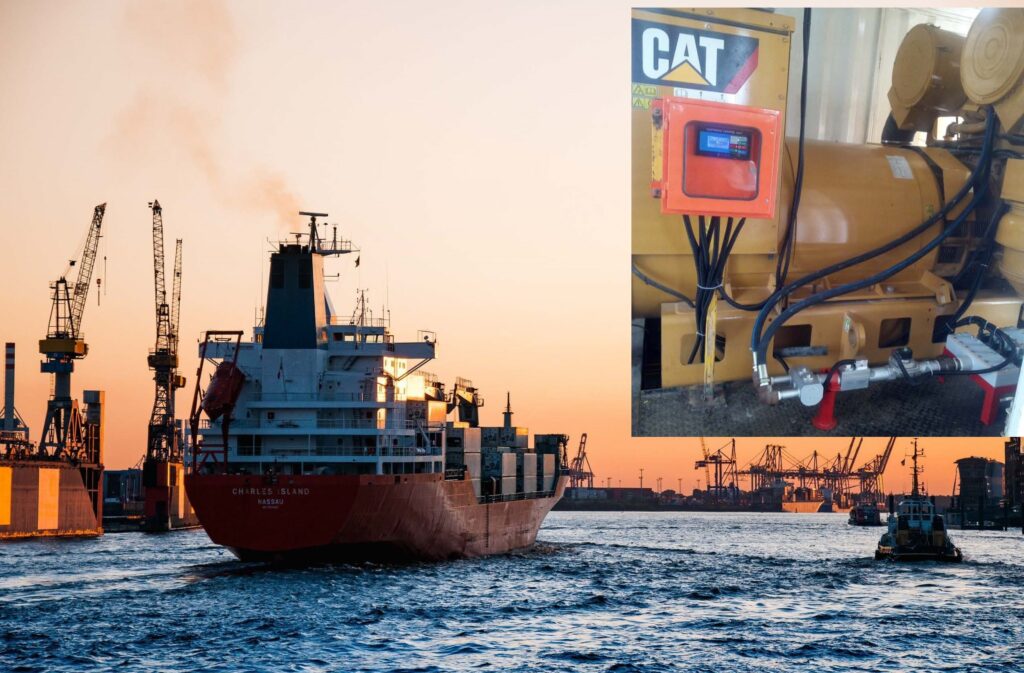A group of Mitsubishi 2 MW generators [MGS1500B – S16R-PTA-S] converted to run a mix of diesel and natural gas in the Kurdistan Region of Iraq for the sovereign oil company.
There is flexibility with the quality of gas an operator uses. An operator can run on a lower-cost, lower-quality gas at a lower substitution rate, or use a higher-quality fuel at a slightly higher cost with a higher substitution rate.
In the United States, dual fuel engines must meet applicable compression ignition emissions regulations. While specifics may vary, typically an oxidation catalyst to lower carbon monoxide (CO) and non-methane hydrocarbon (NMHC) emissions is required.
Converting Mitsubishi 2 MW generators (specifically the MGS1500B with S16R-PTA-S engine) to run on a mix of diesel and natural gas is possible. Such a conversion is known as a dual-fuel or bi-fuel conversion. It allows the generator to operate on either diesel fuel or natural gas, offering flexibility and potentially cost savings by utilizing the cheaper or more readily available fuel source.
To convert the Mitsubishi 2 MW generators to run on a mix of diesel and natural gas, several modifications and additions would be required:
- Fuel System Modification: The existing fuel system would need modifications to accommodate the introduction of natural gas as a fuel source. This may involve installing additional fuel injectors, gas regulators, and gas flow control systems.
- Gas Supply System: A separate natural gas supply system would need to be added to provide the required amount of natural gas to the converted generators. This system typically includes gas pipelines, pressure regulators, safety valves, and gas storage facilities.
- Control System Upgrade: The control system of the generator would require modifications to enable the switching between diesel and natural gas fuels. This involves adding sensors and actuators to monitor and regulate the fuel mixture based on the selected fuel type.
- Safety Measures: Safety measures should be implemented to ensure the safe operation of the converted generators. This may include gas leak detectors, flame detectors, and automatic shutdown systems in case of any abnormalities or emergencies.
- Exhaust System Modification: Natural gas combustion produces lower emissions compared to diesel fuel. However, the exhaust system may still require modifications to handle the different combustion characteristics of the mixed fuel and ensure compliance with emission regulations.
- Fuel Storage and Handling: Adequate storage facilities for both diesel fuel and natural gas would be necessary. Diesel fuel tanks and natural gas storage systems should be properly designed and installed according to safety regulations.
